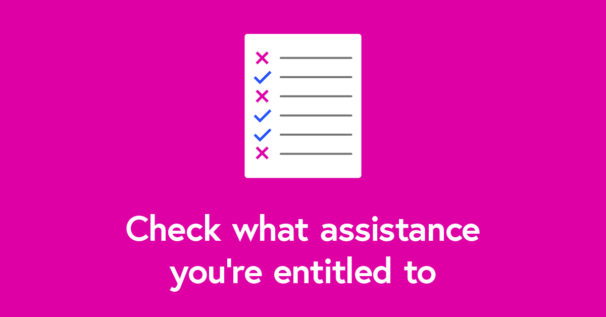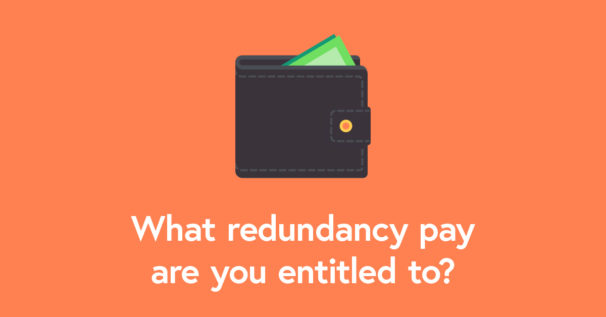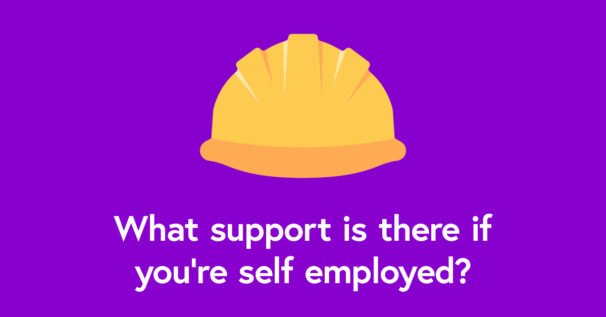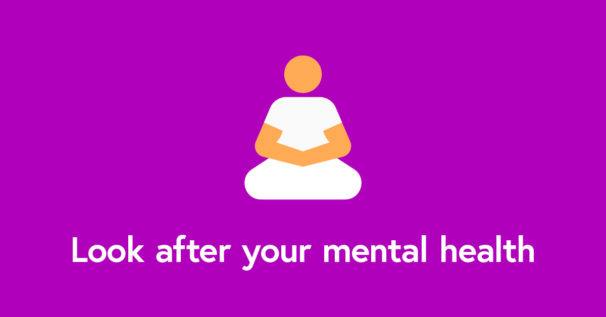What to do if you’ve been made unemployed due to coronavirus
Explore the ways you can support yourself – both financially and mentally – if you've recently lost your job.

Unfortunately, as the coronavirus outbreak continues there have been job losses across many sectors, as economies have been forced into lockdown. If you’ve lost your job because of the coronavirus then it’s important to understand what you’re entitled to from your employer and your government.
We’ve put together a shortlist of practical steps you can take right now, from how to claim government assistance to understanding redundancy pay.
In the UK, and in countries around the world, governments have announced measures designed to help individuals and businesses who have been affected by coronavirus, including assistance for those who may have already been made unemployed.
If you have been made unemployed, it’s important to know how to claim assistance from your government. The Citizens Advice Bureau is a valuable resource for coronavirus advice for UK citizens. If you’ve lost your job then you may be eligible to claim for Universal Credit, which provides income assistance to those who are unemployed or on low incomes.
The amount you can claim will vary depending on your age and circumstance. There are also additional amounts that you can claim if you need support with housing, looking after children or other caring responsibilities. There are a number of Universal Credit calculators available through Gov.uk.
Many other governments have similar packages. In the United States, for example, the Benefits.Gov site will help you understand how to claim benefits and other any assistance you’re entitled to. If you’re in Australia, Services Australia has all the information you should need on how you can claim.
The UK government has agreed to pay up to 80% of an employees salary if their employer has placed them on temporary ‘furlough’ – ie. the employee has been sent home because there is no work.
Other countries around the world have introduced similar furloughing measures and the World Economic Forum has recently summarised these.
In the UK, if you were unfortunate enough to have been made redundant because of coronavirus before this measure came into place, you could still be eligible for furlough pay, if your previous employer agrees to put you back on the payroll. They are not obliged to do this by law, so when you ask them, you should also direct them to the following resources to help them make the process more straightforward:
- HMRC’s official guidance on furloughing.
- The ’12 need-to-knows’ of the furlough process, for employers and employees from Money Saving Expert’s Martin Lewis.
- ACAS’s straightforward template that your employer can use to furlough you, which is free to download and use.
If you’ve been made unemployed, then you might be entitled to statutory redundancy pay. In the UK, according to the Citizens Advice Bureau, you qualify if:
- you were classed as an employee
- had worked for the company for more than two years
- were made redundant because there was a need to do so at your workplace.
You can use the Gov.uk redundancy calculator to work out what you should have received.
Redundancy pay criteria and flexibility differs from country to country, so you should consult your government guidance on the subject, usually available through their website.
For those who are self-employed and have lost income through the coronavirus, whether through self-isolation, illness or lack of business, there is assistance available. In the UK, the government has offered grants to the self-employed which will cover loss of income up to a maximum of £2,500 per month.
There are certain criteria that need to be met in order to claim, summarised here by Money Saving Expert. Because this grant will not be payable until June, it may be that you need financial assistance in the meantime. The Coronavirus Business Interruption Loan Scheme is designed to offer businesses and the self-employed that help. You can apply for the business interruption loan through the British Business Bank website.
In Australia, the JobKeeper Payment scheme has been expanded to cover the self-employed. In the United States, the Paycheck Protection Programme offered forgivable loans to small business and self-employed, but as of April 16th is currently not accepting applications – expect further developments soon.
With the ongoing uncertainty around the economy, caused by coronavirus, many employers are still reorganising their existing workforces and job vacancies are down as a result. The tech sector, for example, has seen a 31% drop in job vacancies over the last month.
This doesn’t mean you need to stop looking, but it’s a perfect time to reconsider your approach. Take time to develop your online networking presence through your profile on job sites like LinkedIn and Monster, and utilise online career courses, like this from University of Sheffield on How to Succeed at Writing Applications.
You could also consider enhancing your CV with additional qualifications. FutureLearn has a diverse selection of short courses from leading universities and cultural institutions from around the world.
When applying for new jobs it’s also important to write as clearly as possible and without typos. Grammarly is a free Google Chrome plugin that will help improve your writing standards and make your job applications stand out.
Losing your job is a highly stressful experience at any time and it’s important, whether you feel like you are struggling or not, that you take the appropriate steps to look after yourself.
Guided meditation apps like Headspace and Calm can be accessed for free, and can be helpful in reducing any anxiety, sleep troubles, or stress that you might be feeling.
If you think you could benefit from professional help, there are organisations who can support you. In the UK, Mind is a charity dedicated to helping individuals with their mental health. In Canada, organisations like Mind your Mind, and in the United States, Talkspace are there to help.
If you’ve been made unemployed due to coronavirus, you’ll be going through an incredibly challenging time. We hope that you’ll have found some of these resources helpful.
If you’ve decided to use this time to redefine your career goals, the University of Leeds’ course on ‘Essential Skills for your Career Development’ explores goal setting and how to identify your career roadmap.
If you’d like to discover a new passion project, check out FutureLearn’s best Boredom-busting courses.
Or, if you’re just looking for a break and need something fun and free to take your mind off things, check out our recent blog on 50 Free Things You Can Do During Lockdown.










